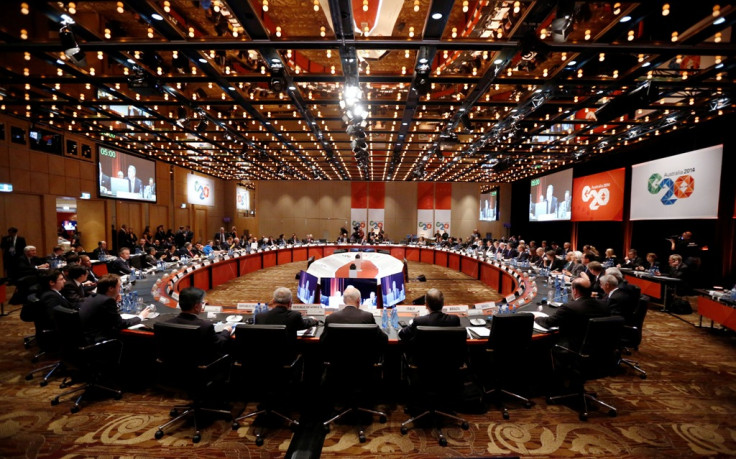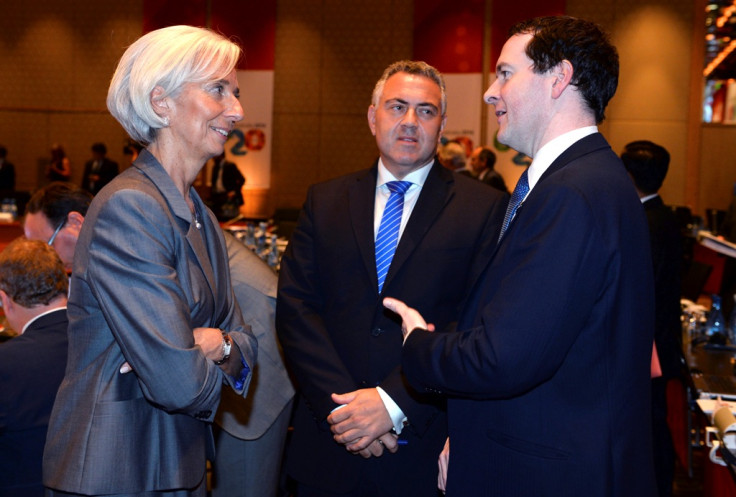G20 Nations Could Adopt Ambitious Target for Global Growth

The world's leading economies could agree to set a bold target for global growth at an ongoing weekend meeting in Sydney, where major central banks are also being advised to coordinate policies to avoid "surprises" that could further rock emerging-market economies.
Opening the two-day meeting of the Group of 20 finance ministers and central bankers, Australian Treasurer Joe Hockey said support was building for setting a definite goal for global growth.
France's finance minister, Pierre Moscovici, welcomed a goal of raising world growth by a total of 2.5 percentage points over five years, calling it ambitious but "not unrealistic".
Canada's central bank chief Stephen Poloz called the goal "aspirational".
While doubts remain about its execution, the target would give the group fresh focus and herald a huge change from recent meetings where discussions centered on growth versus budget austerity, reported Reuters.
A G20 source told the news agency that Germany had abandoned its opposition to setting an overall target, as long as there were no goals forced on individual nations. However, German central bank chief Jens Weidmann labeled quantitative targets "problematic".
Nhlanhla Nene, South Africa's deputy finance minister, said the target would be pointless unless issues faced by developing nations such as high unemployment, volatile global financial conditions and inequality were addressed.
Olli Rehn, the European Union's Economic and Monetary Affairs Commissioner, said the bloc would back the growth target provided it came with a firm commitment to bold reforms.
Rehn suggested that reform progress could be monitored by the IMF and the Organisation for Economic Cooperation and Development (OECD). EU's policy coordination and surveillance could serve as a model, he added.

"I have a great sense of hope that this G20 meeting will be able to lay down a real and tangible framework for an increase in the growth of the global economy over the next five years," said Hockey, who is hosting the Sydney meeting.
If adopted, the plan would be a deviation for the G20, which accounts for 85% of global economic output, as earlier attempts to set financial and current account targets have faltered.
IMF Plan
The proposed G20 plan borrows heavily from an International Monetary Fund (IMF) paper prepared for the Sydney meeting, which forecast that structural reforms would increase world growth by about 0.5 percentage point a year over the next five years, boosting global output by $2.25tn.
The list of reforms included lowering trade barriers, liberalising product and labour markets, attracting more women into the workforce and improving investment in infrastructure.
However, there were no details on how or whether the G20 would monitor each country's progress on reforms, many of which could face political opposition at home.
The IMF has forecast a global growth of 3.75% for the year and 4% for 2015.
© Copyright IBTimes 2025. All rights reserved.






















